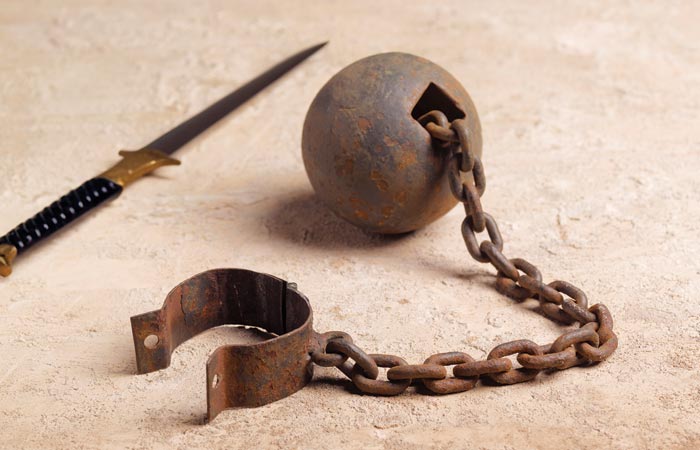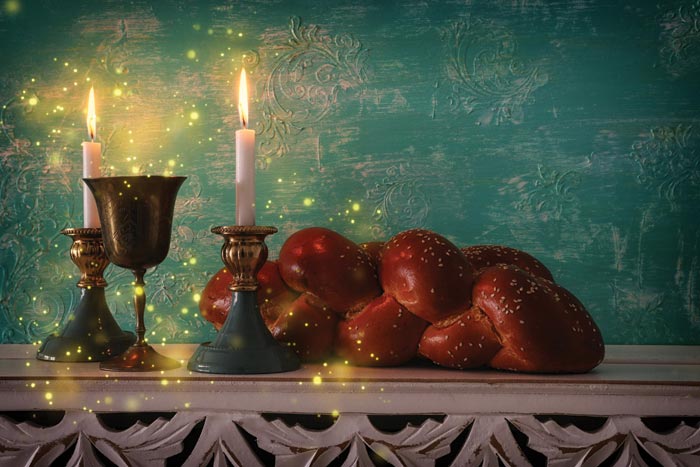This is 1997 A.D. (anno Domini, or in the year ofthe Lord), according to Christians, who date the calendar from thebirth of Jesus.
The Islamic calendar is dated from 622 A.D., fromthe hegira, the flight of Mohammed from Mecca to Medina.
Jews celebrate the New Year, 5758, a date that hasnothing to do with a Jewish historic event — neither the birth ofAbraham nor the flight of Moses from Egypt to the promised land. TheNew Year celebrates the creation of the universe and the creation ofAdam and Eve, the first human beings. This tells us something aboutthe embrace of Jewish universalism that is often ignored by those whoaccuse Judaism of a parochial particularism and by those whocriticize Judaism as being concerned exclusively with Jews.
But a closer look at how the tradition deals withthe High Holy Days in its selection of biblical texts will reveal theunique merger of particularistic and universalisticconvictions.
The biblical text studied and read aloud on thefirst day of Rosh Hashanah focuses upon Hagar, the Egyptian, and herson, Ishmael, destined to become the leader of the Arab nations. Inthe Koran, it is Ishmael who will go to Mecca, and his descendantswill grow up in Arabia while Isaac remains in Palestine, the fatherof the Jews. Hagar and Ishmael her child are sent out of the houseinto the wilderness of Beersheba.
There, in the desert, they thirst for water.Hagar, exhausted, faces Ishmael from a far distance, for she thoughtto herself, 'Let me not see the death of the child.” Hagar lifted upher voice and wept, and God heard. God heard, and the Angel of Godcalled to Hagar out of the heaven, “Fear not, for God has heard thevoice of the lad where he is.” A rabbinic commentary asks, “Why didnot God destroy this child who would become leader of the enemies ofthe Jewish people?” And then it responds, “Because God does not judgethe present on the basis of the future. At this moment, Ishmael isinnocent, and who knows what changes he can make in his life.”
The Angel of God appears to Hagar, saying: “Arise,lift up the lad, for I will make of him a great nation.” She opensher eyes and, behold, there is a well of water, and she went andfilled the bottle with water and gave it to the lad to drink. “AndGod was with the lad.”
Why select the story of the salvation of Ishmaeland the protection by God to a Jewish audience in a synagogue on thefirst day of Rosh Hashanah?
And, on Yom Kippur, why select the story of theprophet Jonah? Why tell how God sent Jonah to Ninveh, Assyria, thearchenemy of Israel, so that they may repent? Jonah, the Jewishprophet, was afraid that the Assyrians would repent and so he fledfrom his prophetic mission. But God spared Ninveh and saw that theyturned from their evil ways. And the Bible says, “And God repented ofthe evil which He said He would do unto them, and He did it not.” Whyread the book of Jonah on Yom Kippur in the synagogue before Jews?Why such compassion for their enemies?
Because this compassion lies at the heart of theuniversalistic ethics of Judaism. This is Rosh Hashanah, which doesnot celebrate the birth of a Jewish hero but celebrates God's lovefor humanity and its creation.
In this year, when there is so much division,distress and hatred, and when the dream of Oslo is threatened, wehave good reason to go back to our biblical sources and our rabbinicethics. This is the time for the renewal of hope and the promise ofpeace. This is the time in which we need a transcendent faith in thepossibility of friendship among ancient enemies. This is the time toremember the transcendent God of the universe who is the father of usall. This is a time to remember Hagar and her son, Ishmael, and themen, women and children of Ninveh and Assyria.
Harold M. Schulweis is the rabbi at Valley BethShalom in Encino.
All rights reserved by author.






















 More news and opinions than at a Shabbat dinner, right in your inbox.
More news and opinions than at a Shabbat dinner, right in your inbox.